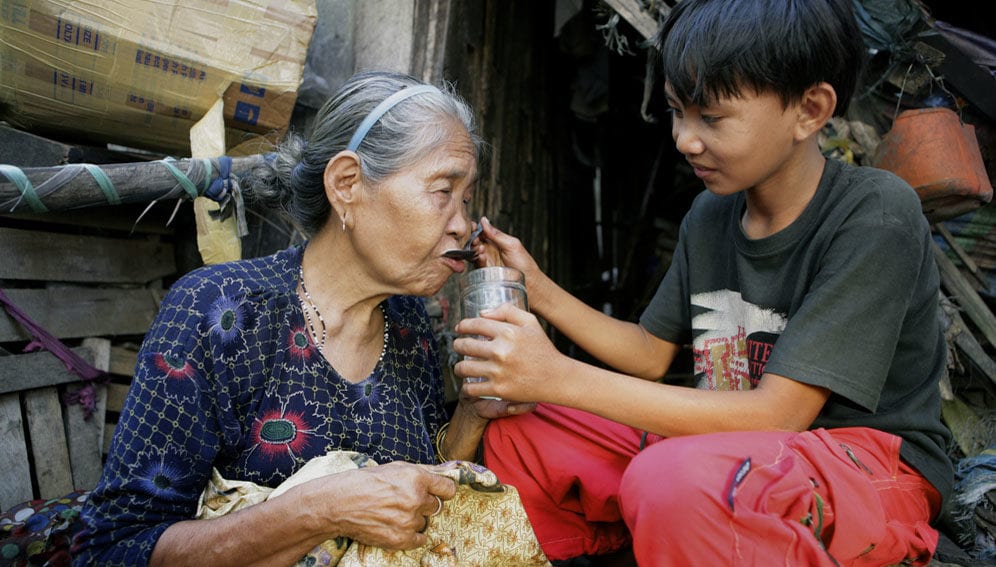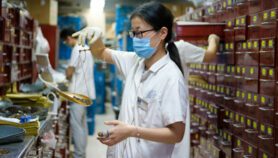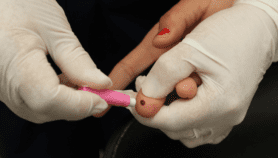By: Melanie Sison
Send to a friend
The details you provide on this page will not be used to send unsolicited email, and will not be sold to a 3rd party. See privacy policy.
[MANILA] Persons with disability in the Philippines struggle to access medications despite discounts and benefits provided for them, a health research forum heard.
A study, funded by the Philippines’ Department of Health and presented at the 17th National Health Research Forum for Action on 20 September, showed that lack of money prevented disabled persons from buying prescribed medicines. Globally, reports show that half of all disabled people cannot afford healthcare.
In a sample of 1,200 individuals with disability, only 30.6 per cent were employed, of which most were found earning below the minimum wage level.
While the World Health Organization (WHO) prescribes that medical expenses of disabled persons should not exceed their daily earnings, most were found spending far more than their wages on maintenance drugs (122 per cent of daily income) and on medication for other illnesses (290 per cent of daily income).
“Financial constraint is great for this sector”
Marilyn Crisostomo, University of the Philippines Manila
"Financial constraint is great for this sector," says Marilyn Crisostomo, a professor at the University of the Philippines Manila and a co-author of the study. Compounding the problem was the fact that many disabled persons were not even aware of their entitlements under the law, she says.
According to Crisostomo, only 45 per cent of private pharmacies honour the 20 per cent discount available to disabled persons, while only 38 per cent allow the 12 per cent value-added tax (VAT) exemption. Although 78 per cent of the state-run pharmacies grant the 20 per cent discount, only 37 per cent complied with VAT exemptions.
Crisostomo, who presented the study, says that because disabled persons cannot afford to consult doctors, most resort to self-medication. "Paracetamol is their wonder drug," she says.
One of the recommendations of the study is to improve implementation of the ‘Magna Carta for Disabled Persons’, a law which was amended in 2006, especially in relation to access to medications.
Acuin suggests that the health and social welfare departments in a city or a municipality issue identification cards to disabled persons and help them receive their due benefits.
This piece was produced by SciDev.Net’s Asia & Pacific desk.














